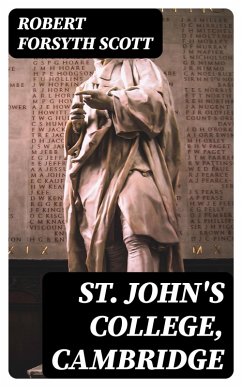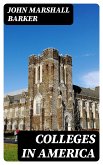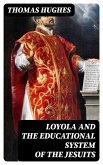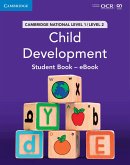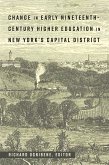In "St. John's College, Cambridge," Robert Forsyth Scott intricately weaves together a rich tapestry of the history, architecture, and cultural significance of one of Cambridge's most esteemed institutions. With a prose style that ranges from the lyrical to the analytical, Scott captures the essence of the college as not merely an educational establishment, but as a vibrant community steeped in tradition and intellectual pursuit. The book situates itself within the context of the broader narrative of Cambridge's evolution, exploring the intricate relationships between historic events and the college's development, making it an invaluable resource for both scholars and casual readers alike. Robert Forsyth Scott, a noted historian and scholar, has dedicated much of his academic career to the study of Cambridge's educational systems and architectural heritage. His deep-seated passion for the university's legacy stems from his own formative experiences as a student, which instilled in him a profound appreciation for the intellectual and cultural environment that shaped his understanding of British history. Scott's extensive research, attention to detail, and personal connection to St. John's College culminate in this compelling exploration. This meticulously crafted work is a must-read for anyone interested in the historical fabric of Cambridge, alumni seeking to reconnect with their roots, or enthusiasts of architecture and education. Scott's insights not only illuminate the past but also resonate with contemporary themes in academia, making "St. John's College, Cambridge" a significant contribution to the literary canon surrounding university life.
Dieser Download kann aus rechtlichen Gründen nur mit Rechnungsadresse in A, B, BG, CY, CZ, D, DK, EW, E, FIN, F, GR, H, IRL, I, LT, L, LR, M, NL, PL, P, R, S, SLO, SK ausgeliefert werden.

